If you’ve ever taken your dog on a walk and wondered why they spend so much time sniffing and circling before finally pooping, you’re not alone. This seemingly simple act can turn into an extended event, leaving pet parents scratching their heads. While it might feel like your dog is just being picky, their behavior is driven by natural instincts, communication methods, and environmental factors.
In this blog, we’ll explore the reasons why dogs sniff around and take their time before pooping, helping you better understand your furry friend’s behavior.
The Role of Scent in a Dog’s World
Dogs experience the world primarily through their nose. Their sense of smell is up to 100,000 times stronger than humans, making it their most powerful sense. When dogs sniff around before pooping, they are collecting information about their environment and communicating with other dogs.
1. Marking Territory
Dogs use their poop as a way to mark territory and send messages to other animals. Their feces contain pheromones, which are chemicals that convey information about their health, diet, and even emotional state. By sniffing around, dogs can identify who else has been in the area and decide where to leave their "mark."
2. Gathering Environmental Data
Sniffing helps dogs learn about their surroundings. They use their nose to detect other animals, changes in their environment, and even threats. Sniffing before pooping is their way of ensuring the area is safe and suitable for them to do their business.
3. Finding the Perfect Spot
Dogs are instinctively cautious when it comes to pooping because it leaves them temporarily vulnerable. By sniffing around, they can find a spot where they feel secure and comfortable.
Instinctive Behaviors and Their Evolutionary Roots
Many of your dog’s behaviors, including their bathroom rituals, are rooted in their evolutionary history. These instincts, while no longer necessary for survival, remain a part of their genetic makeup.
1. Survival Instincts
In the wild, leaving waste in a conspicuous spot could attract predators. Dogs sniff and circle to find a location where they feel safe and less exposed. This behavior is especially common in more cautious or anxious dogs.
2. Pack Communication
Wild canines, like wolves, use scent marking as a way to communicate with their pack and establish boundaries. Domestic dogs have retained this behavior, using their poop as a social signal to other dogs in the area.
3. Magnetic Alignment
Believe it or not, some studies suggest that dogs prefer to poop while aligned with the Earth’s magnetic field. Research published in Frontiers in Zoology found that dogs tend to defecate along a north-south axis. While the exact reason for this behavior is still unclear, it adds another layer of complexity to their bathroom habits.
Environmental Factors That Affect Pooping Behavior
In addition to their natural instincts, environmental factors can also influence how long it takes your dog to poop. Some of these factors include:
1. Unfamiliar Territory
When walking in a new area, your dog may take longer to poop because they’re busy sniffing and exploring. They need time to gather information and feel comfortable in the unfamiliar environment.
2. Distractions
Dogs are easily distracted by sights, sounds, and smells. If there’s a lot of activity around them, such as other dogs, people, or wildlife, they may take longer to focus on pooping.
3. Weather Conditions
Extreme weather can affect your dog’s willingness to poop. Dogs may hesitate to go in the rain, snow, or heat, and they might take longer to find a spot that feels comfortable.
4. Changes in Routine
Dogs thrive on routine, and any changes to their schedule or environment can disrupt their bathroom habits. For example, a change in their walking route or feeding schedule might make them take longer to poop.
Health Issues That Could Be Affecting Your Dog
While it’s normal for dogs to take their time sniffing and pooping, certain health issues can prolong the process. If your dog’s pooping behavior changes suddenly or becomes excessively prolonged, it’s important to consider potential medical concerns.
1. Digestive Problems
Constipation, diarrhea, or gastrointestinal discomfort can make pooping more difficult for your dog. Pay attention to the consistency of their stool and consult your vet if you notice abnormalities.
2. Urinary Tract Infections
If your dog is frequently squatting but not pooping, they could be experiencing discomfort from a urinary tract infection.
3. Anxiety or Stress
Dogs that are anxious or stressed may have difficulty relaxing enough to poop. This is common in dogs that are nervous in unfamiliar environments or around loud noises.
4. Anal Gland Issues
Impacted or infected anal glands can make pooping uncomfortable for your dog. Look for signs of scooting or excessive licking of their rear end.
Tips for Managing Your Dog’s Pooping Habits
If your dog’s pooping rituals are taking up too much time, there are ways to encourage them to go more quickly while still respecting their instincts.
1. Establish a Routine
Dogs thrive on routine, so aim to walk and feed your dog at the same times each day. This consistency helps regulate their digestive system and makes bathroom breaks more predictable.
2. Choose a Familiar Spot
Find a quiet, consistent spot for your dog to do their business. Over time, they’ll associate that area with pooping, reducing the amount of time they spend searching.
3. Minimize Distractions
Try to walk your dog in a low-traffic area where they won’t be distracted by other animals, people, or loud noises. This helps them focus on the task at hand.
4. Use Positive Reinforcement
Reward your dog with praise or a treat when they poop promptly. Positive reinforcement helps them associate pooping quickly with a reward.
5. Be Patient
Remember, sniffing and circling are natural behaviors for your dog. While it can be frustrating, patience is key to ensuring your dog feels comfortable and secure.
How Dan’s Pet Care Can Help
If you’re short on time or need assistance managing your dog’s bathroom routine, Dan’s Pet Care offers professional dog walking services on Long Island. Our experienced walkers understand canine behavior and can provide the patience and attention your dog needs to feel comfortable during their walks. From ensuring your dog finds the perfect spot to providing exercise and enrichment, we’re here to support your pet’s well-being.
Learn more about our dog walking services here.
Understanding Your Dog’s Natural Behavior
Understanding why dogs sniff around and take their time before pooping can help you better appreciate their natural instincts and communication methods. While it may seem like an inconvenience, sniffing and circling are essential behaviors that help dogs feel secure and connected to their environment.
By establishing a routine, minimizing distractions, and providing plenty of patience, you can make bathroom breaks a more efficient and enjoyable experience for both you and your dog. If you need help managing your dog’s daily walks, Dan’s Pet Care is here to ensure your furry friend gets the care and attention they deserve.





